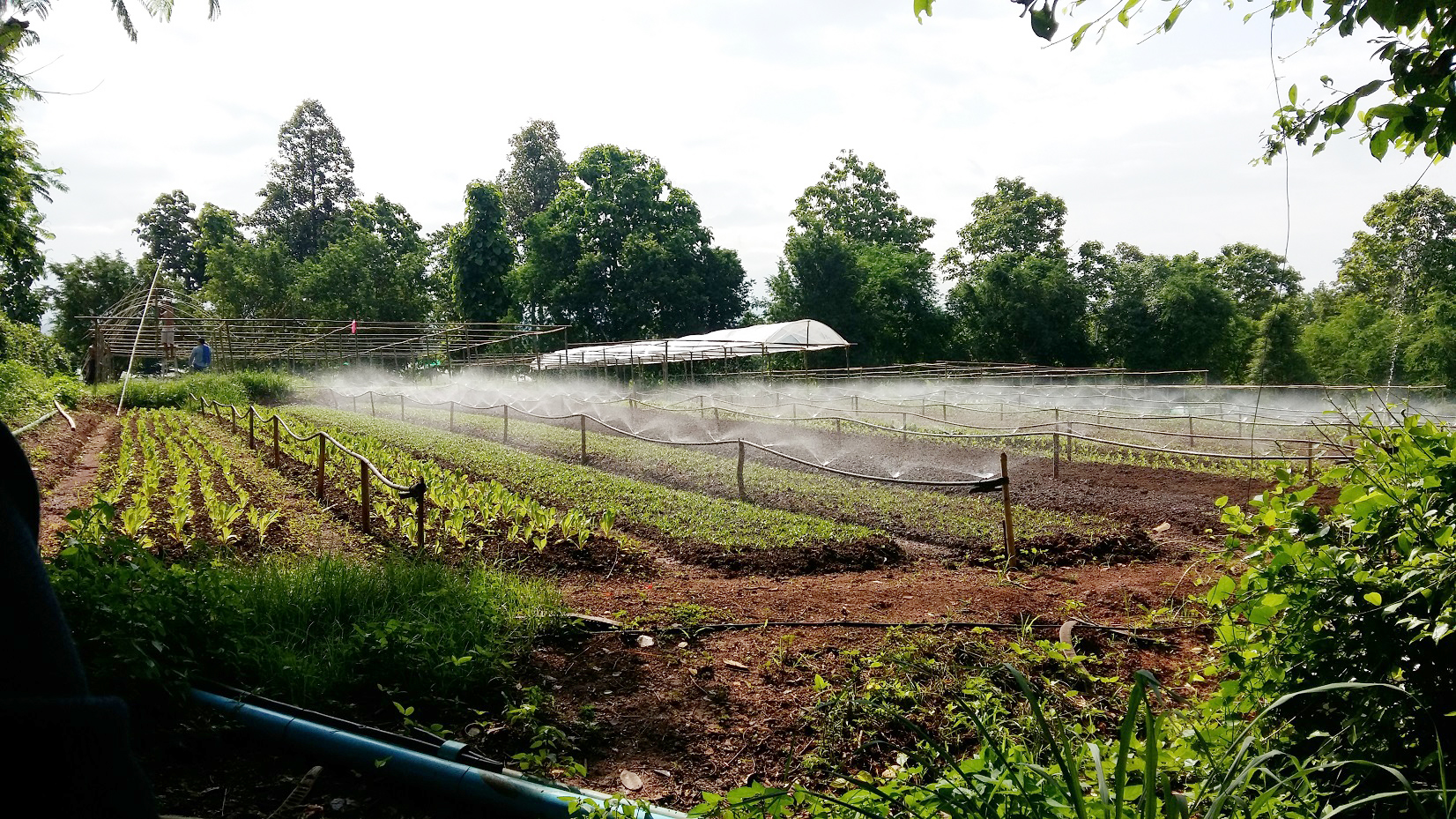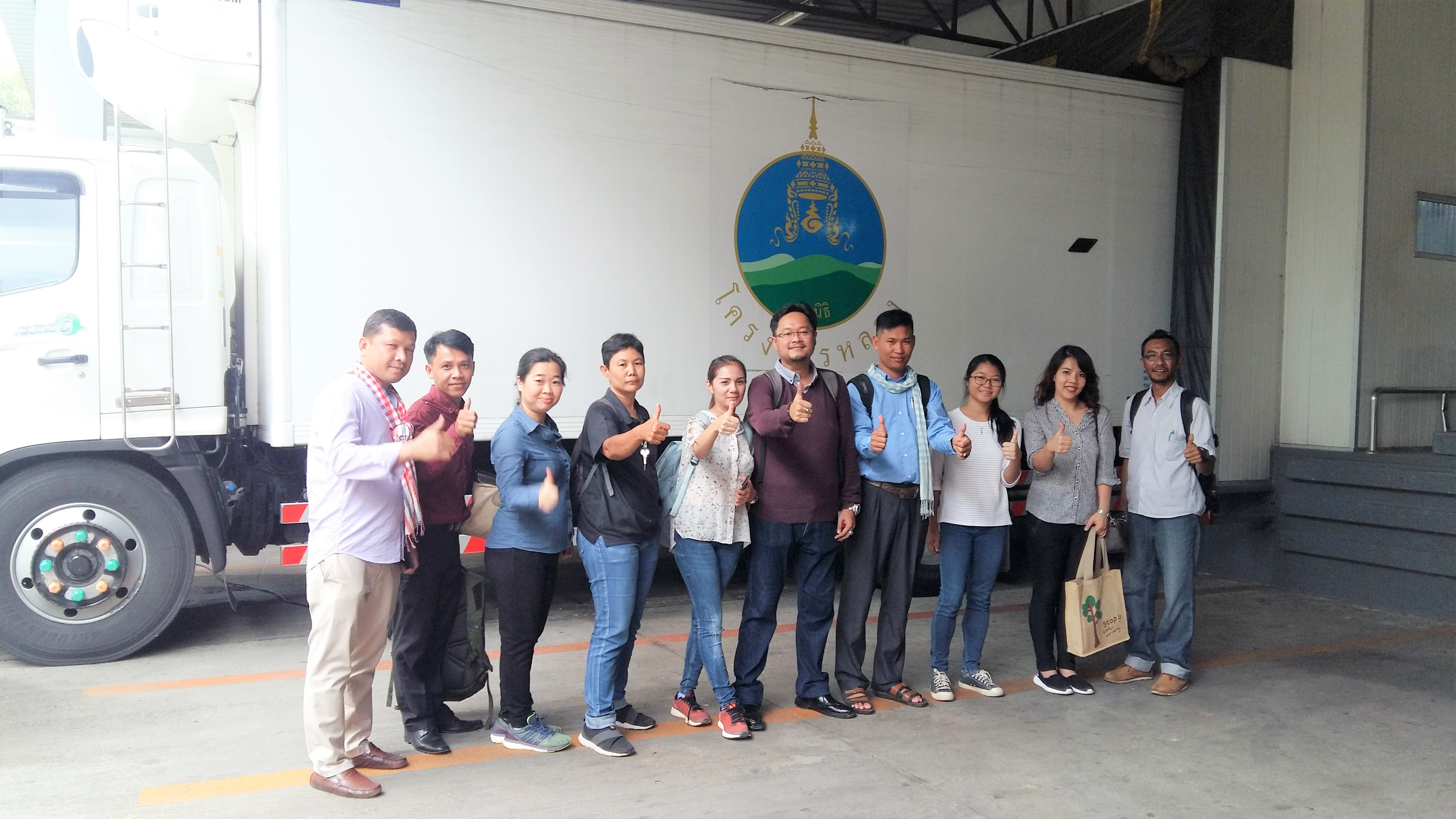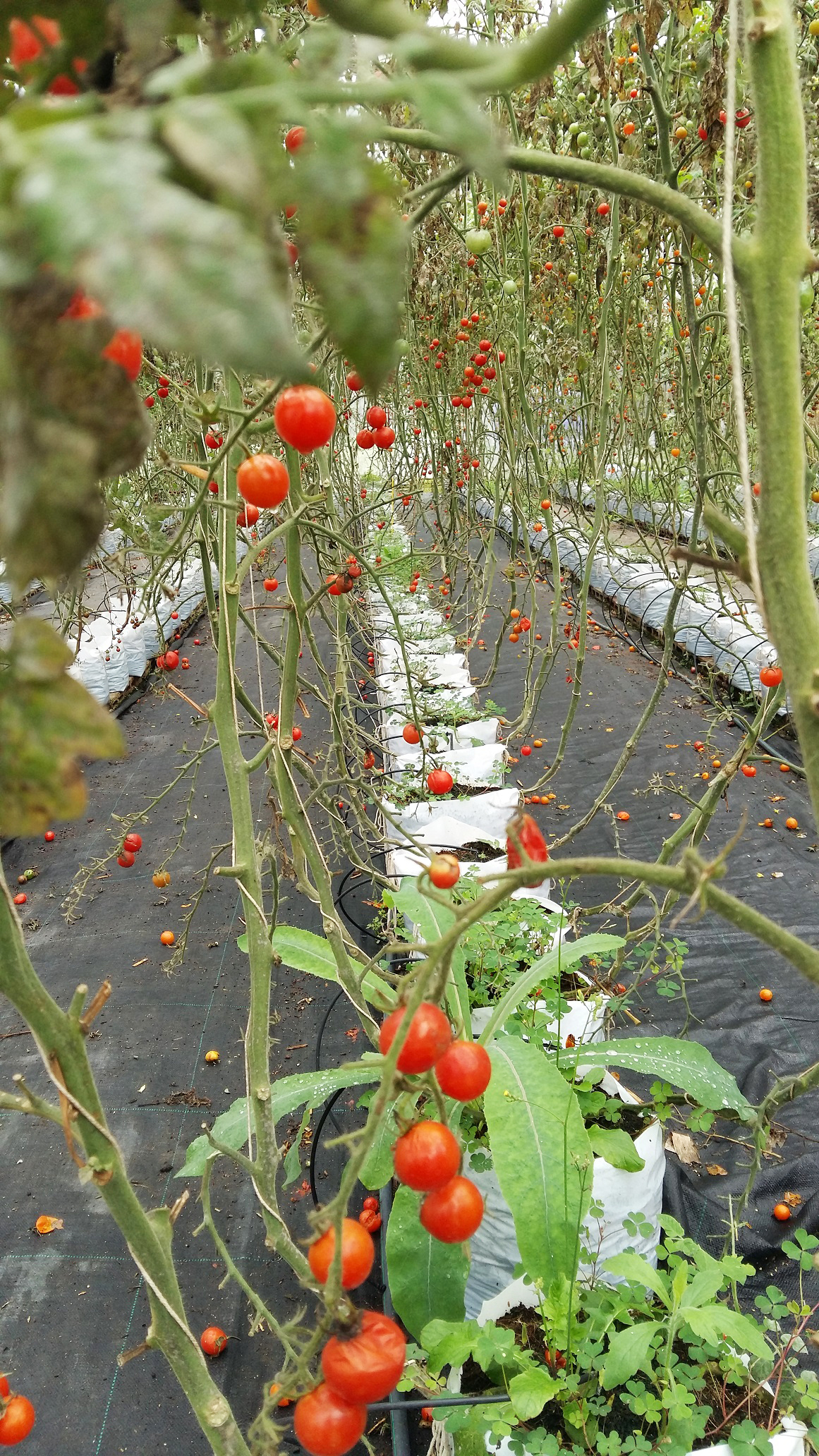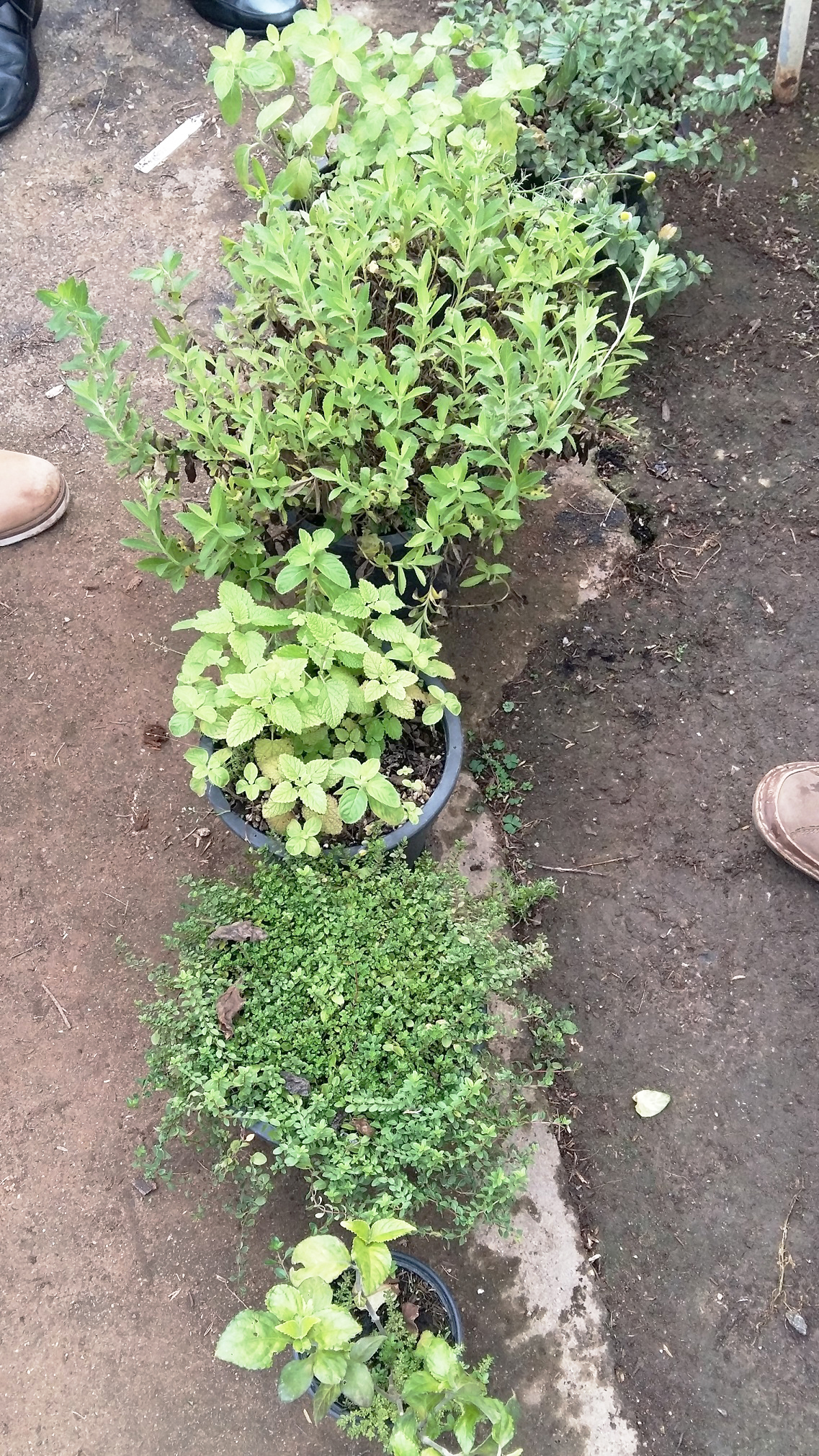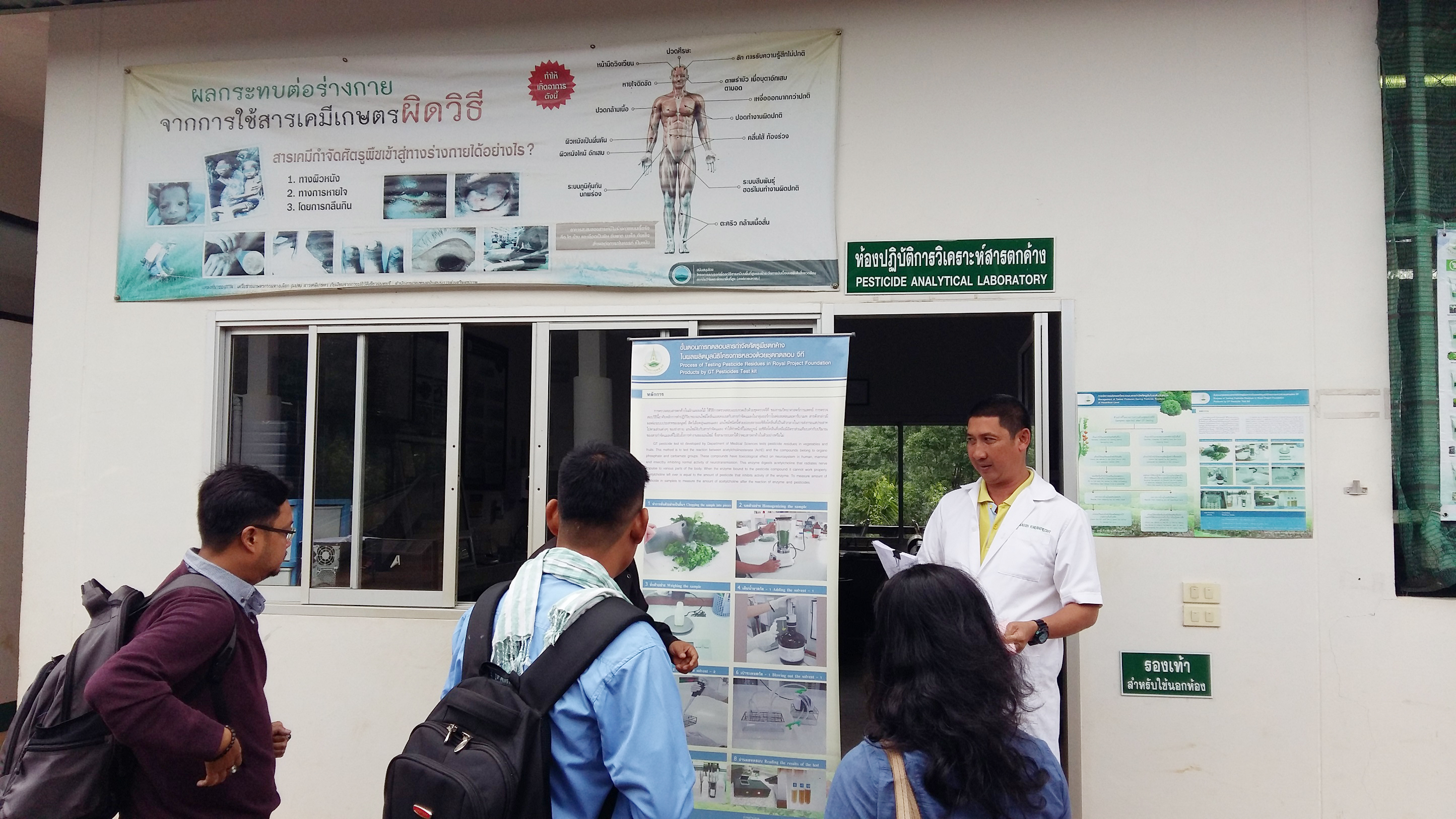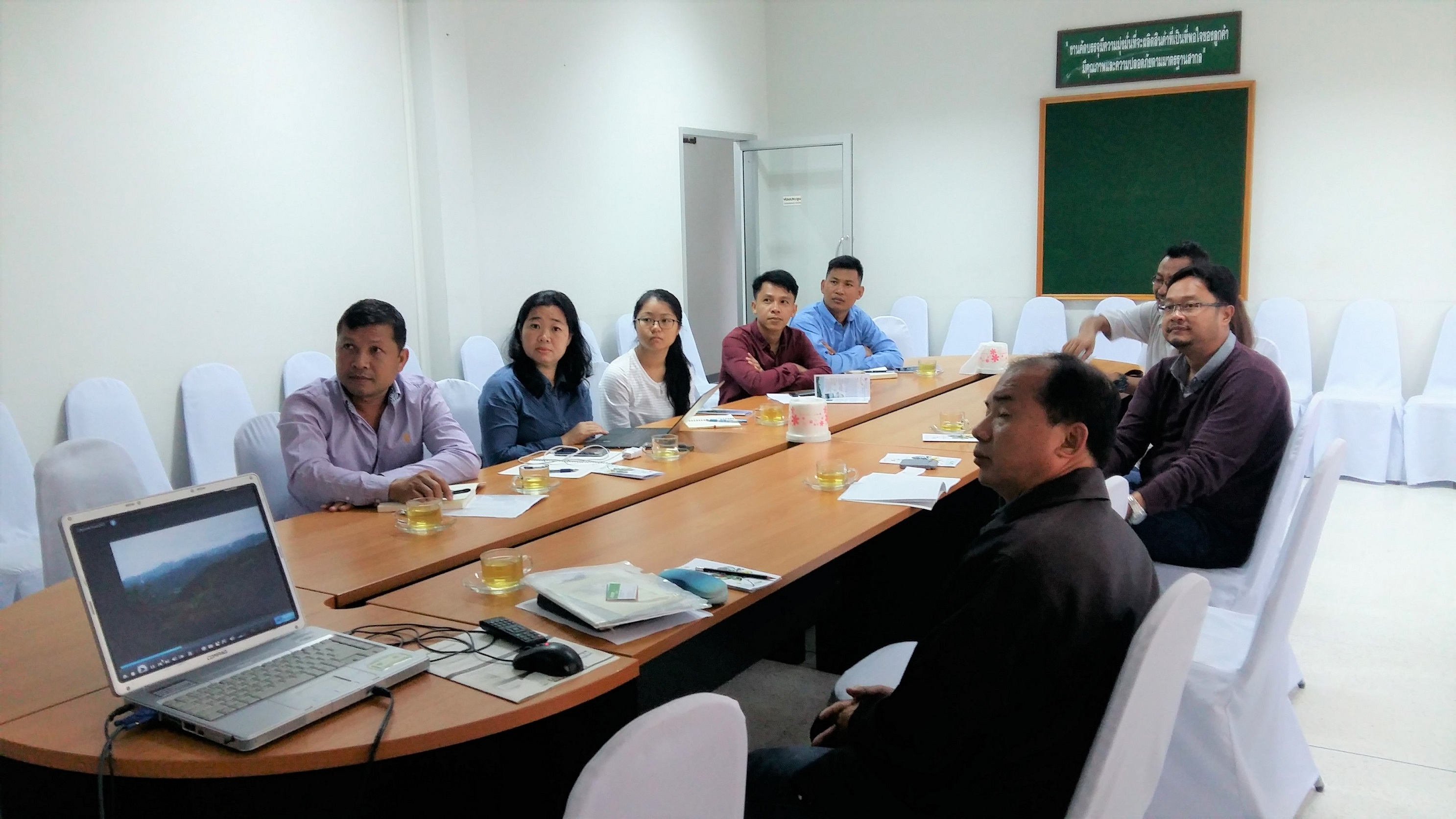Learning about food and vegetable supply chain at a Thai Royal Project and ThaiFEX
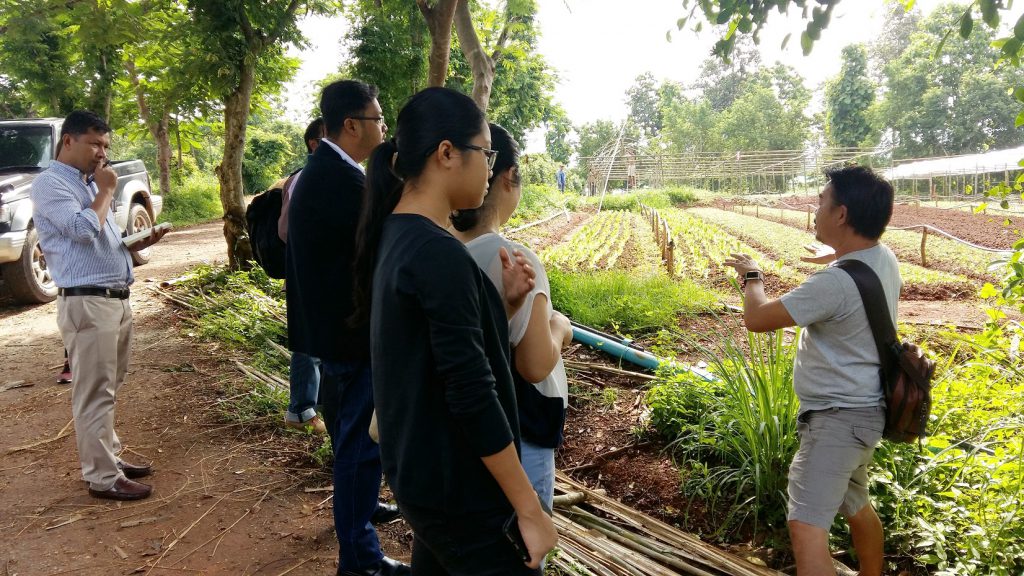
Integrated Public Private Partners (iPPP) from Cambodia, Indonesia and Lao PDR attended a study trip from 29 May to 1 June 2017 to the Royal Project in Chiang Mai and ThaiFEX, an international trade exhibition for food and beverages in Bangkok.
Facilitated by the Standards in the Southeast Asian Food Trade (SAFT) project, iPPP partners visited The Royal Project Development Centre, Nong Hoi, the Royal Project Produce Centre, as well as an organic farm in Chiang Mai on 29 May 2017. The participants learned how the Royal Project managed the different steps along the supply chain from farm management, pre-and post-harvest handling to sorting, packing, storage, and transport as well as the support it provides to highland communities. Issues and challenges were shared during the visits.
On 31 May and 1 June, the participants joined ThaiFEX, Asia’s leading and ASEAN’s largest food and beverage trade show. This trade fair served as a platform to exchange contacts with potential buyers or suppliers that could help extend their businesses in the future.
The trip provided participants with a better understanding of a successful development of fruits and vegetables production, and offered them an insight into market trends and the demand for food products from local, regional, and international buyers.
An iPPP is a co-financed partnership between one (or more) private businesses and GIZ, which produces tangible commercial benefits for the private partner(s) and at the same time developmental benefits for the partner country.
With the help of public partners, SAFT has been able to establish eight iPPPs in five ASEAN countries, namely Cambodia, Indonesia, Lao PDR, Myanmar, and the Philippines.
It aims to
1. assist companies with the GAP/organic certification of their fruits and vegetables
2. Incorporate measures to fill the different gaps in each country, including creating market access, strengthening cluster networks and raising consumer awareness
3. Create best practices, which showcase the process of GAP and organic certification, in order to make this process more tangible and approachable for other fruit and vegetable suppliers
GALLERY
Weerinpat Janewatanakul
Regional Advisor, Standards in the Southeast Asian Food Trade
Email: weerinpat.janewatanakul(at)giz.de
